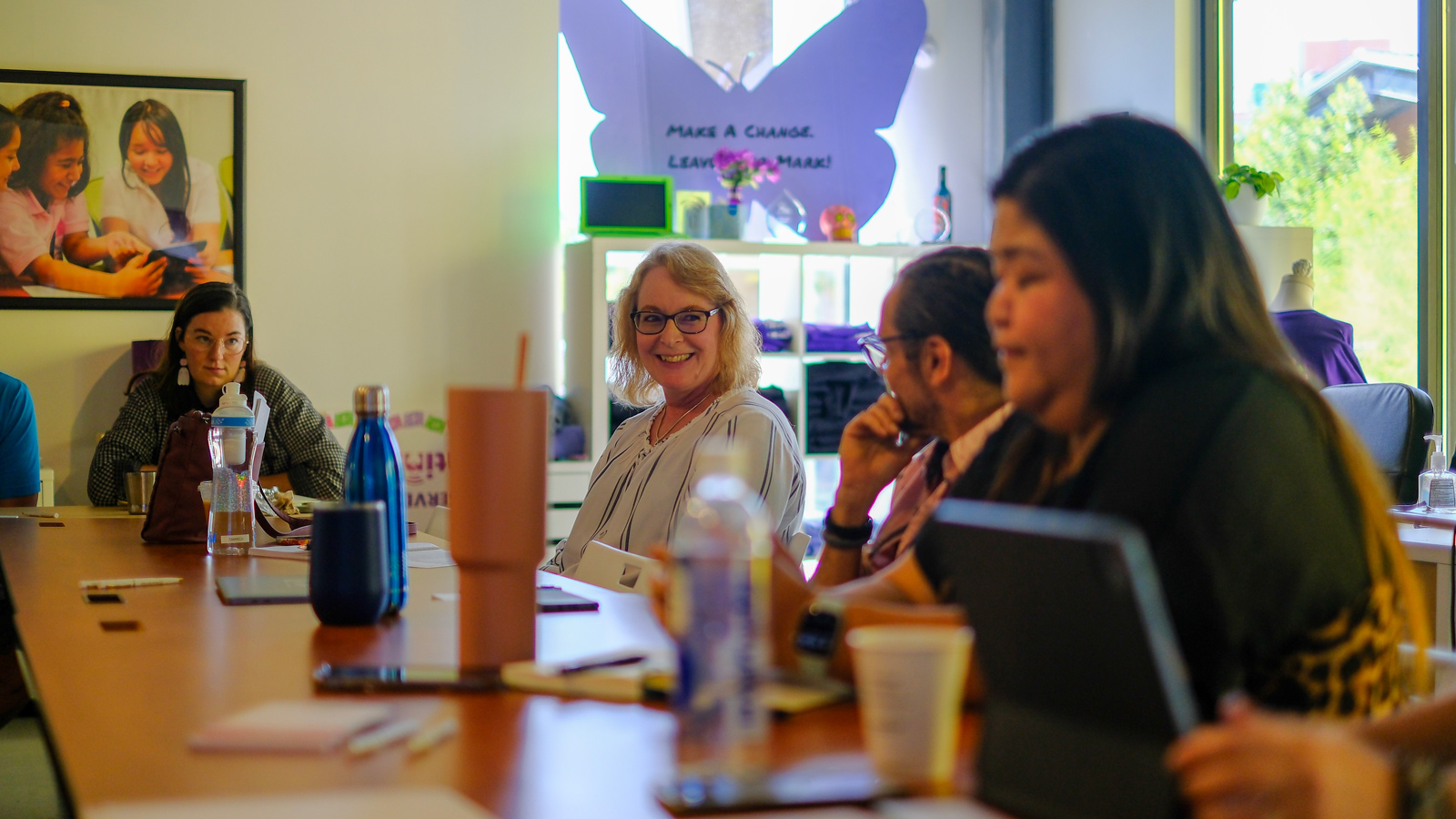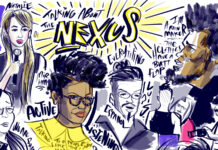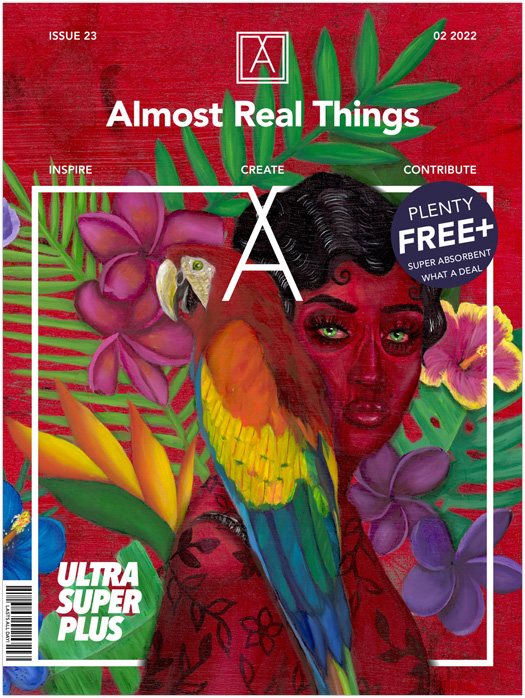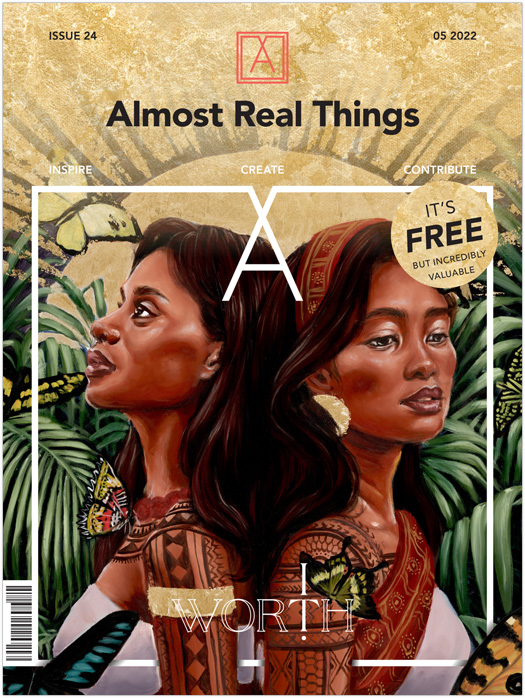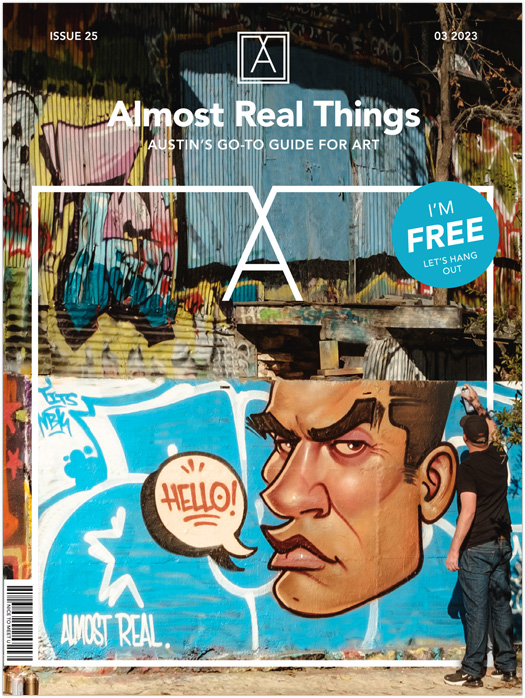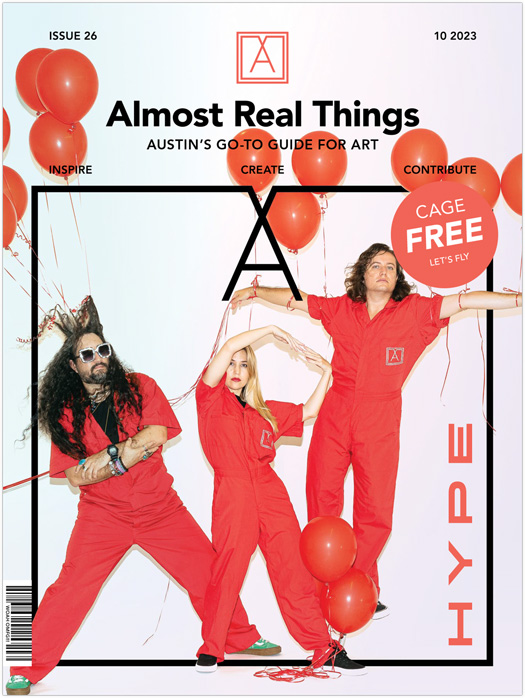Let’s Break Down some Nexus Grant Application Questions
Below we’ll be breaking down the first two short answer questions on the Nexus grant application. All of these questions are available to view on the City of Austin’s Nexus webpage.
Remember, the Nexus grant is available to new and emerging local small organizations, individual artists, and small arts businesses to produce creative public projects. This is an on-going grant of $5,000, awarded to 50 applicants every 6 months.
Getting Started with the Nexus Grant
Grants are extensive and it’s easy to become overwhelmed and frustrated. That’s why we recommend scheduling time blocks to work on a few questions at a time.
You can (and should) work on all of these questions in a separate document outside of the portal. Let’s repeat that:
work in a separate document outside of the application portal.
You don’t want to risk losing your information. Plus, this work will come in handy when you’re applying for grants in the future.
A Closer Look: Nexus Short Answer Questions
1. What is the applicant’s mission, vision, and primary production history? Please identify your key constituencies and provide information about the applicant’s service to them.
This may seem wordy, and that’s because it is. This question is really five questions altogether. We covered how to answer each section in our In the Know Workshop on Grant Writing with Lys Santamaria. Download the activity in English and/or Spanish to try it yourself! We broke it down like this:
- What is your mission?
- Or in other words:
- What is your purpose?
- Why did you start your business or why did you start creating?
- What are your goals?
- Or in other words:
If you’re an individual artist, you may not have a mission statement. However, you can take parts of your bio and artist statement to answer this question.
- What is your artistic vision?
- Start brainstorming:
- What’s the reason behind your work?
- What’s the big picture behind your work/mission?
- How do you envision your creative project in the long term?
- Start brainstorming:
Your vision is similar to your mission, but may cover the big picture. An example of a mission and vision is:
My mission is to provide opportunities for artists to make money. My vision is to expand these opportunities into year-round programming so artists can learn how to run a business effectively.
- What is your production history?
- Try thinking about:
- What is your experience?
- When did you start?
- Give examples of projects, events and/or accomplishments you’ve had so far
- Try thinking about:
- Who are your key constituencies?
- You can also think about:
- Who is your audience?
- Who is your project/proposed event for?
- Give examples of past partners, collaborators and artists you’ve worked with
- You can also think about:
Remember, for the purposes of this program, key constituencies that will be prioritized are community groups that are at immediate risk of cultural erasure and displacement within Austin and/or have been institutionally marginalized and under-funded by the City of Austin Cultural Arts Division.
You can view the definitions of cultural displacement and cultural erasure under the Glossary of Important Terms of the City’s main Nexus website.
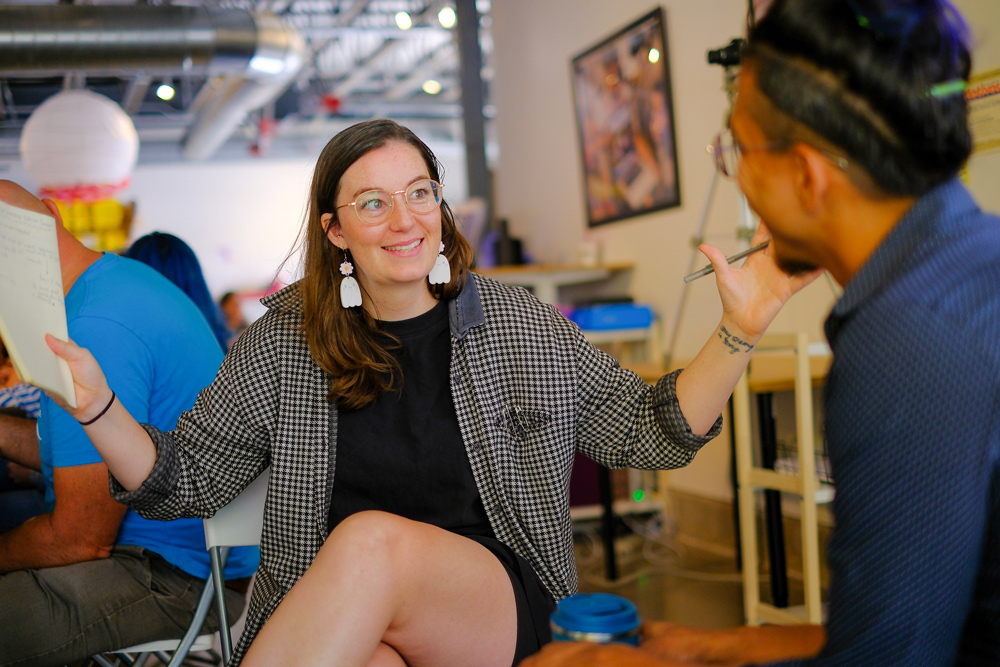
- How do you serve your key constituencies?
- Brainstorm:
- Give examples of past events. What type of events were they? Who attended and collaborated with you? How did the community respond?
- Give examples of ways that you engage with the community.
- Brainstorm:
Remember to be clear and direct! You don’t want to give the panelists who are scoring your applications any extra work. Here is an example of how your answer can be structured:
- My mission is…
- My vision is…
- My production history is…
- My key constituencies are…and I serve them through…
This question is work 15 points out of the available 100 points total.
2. Who holds power in your organization and how do they represent your community?
This question can be broken down into four sections.
- Who is your executive and creative leadership?
- Who is your Board of Directors and/or Advisory Board?
- Who are your creative advisors?
- How do you/they represent your community?
An easier way to understand this question is to brainstorm:
- Who is a part of your team?
- Who makes decisions for your business?
- Do you have any partners, collaborators and/or artists that influence decision making?
- Do you or will you consult anyone as you produce this project?
For the last part of the question, first ask yourself:
- Who is your community?
Once you understand your community, you can give examples of how you represent them.
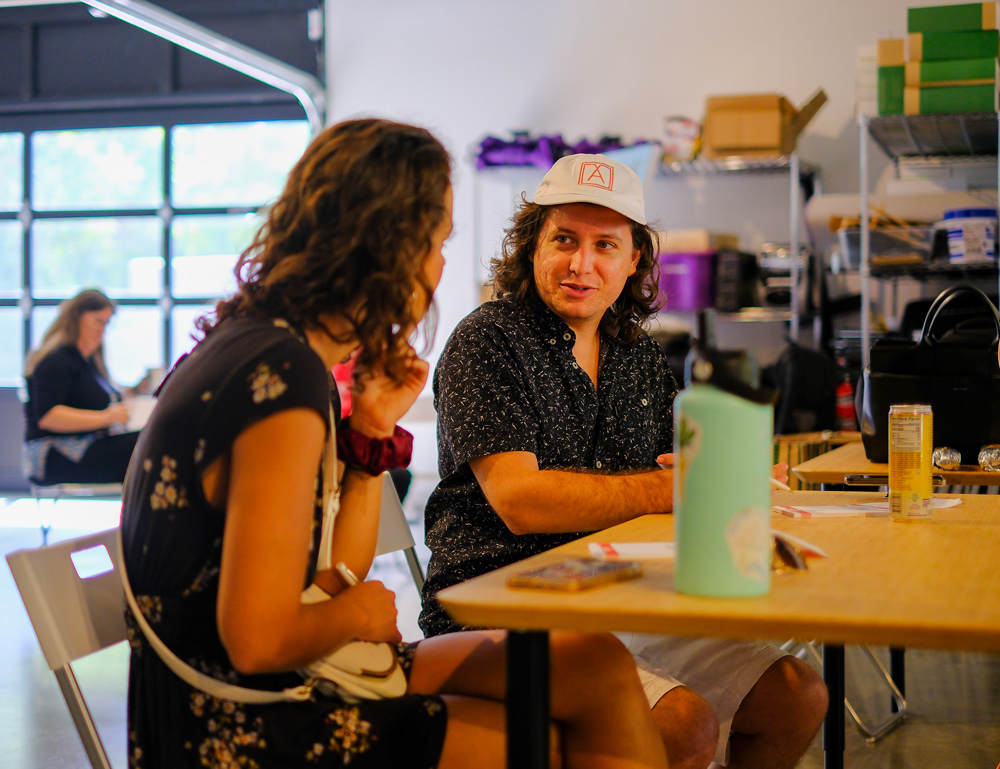
If you are nonprofit organization or creative business, you probably have a leadership structure that you can refer to. You can give examples using names, roles and responsibilities.
If you are an individual or emerging artist, this question is less straightforward. It is acceptable to explain that your “organization” consists of primarily you alone. However, give some context. What types of roles and responsibilities do you have? You should also still refer to creative advisors and collaborators, such as artists you’ve worked with in the past.
For example, your answer might start with:
- I am the primary executive and leader of my creative business. For the past 2 years, I have built my business using my own investment and by taking on responsibilities of: finances, production, operations and community engagement.
- I do not currently have a Board of Directors or Advisory Board, but I plan on developing one once I make the transition into a nonprofit.
- My creative advisors consist of artists that I have collaborated with for past events. For example, to produce (public art project/event example), I worked alongside (name) a (type of artist) because (reason you worked with them/what they brought to the project).
- For my proposed project (name of project), I plan on partnering with (names of partners) and hosting (types of community engagement tools).
- I represent (define your community) and my partners will also bring in (types of communities) so that we can (reason you are engaging/involving these communities and why it’s important.)
Follow Along for Grant Writing Resources
View our full schedule of events to attend additional workshops on community engagement, budget and more!






